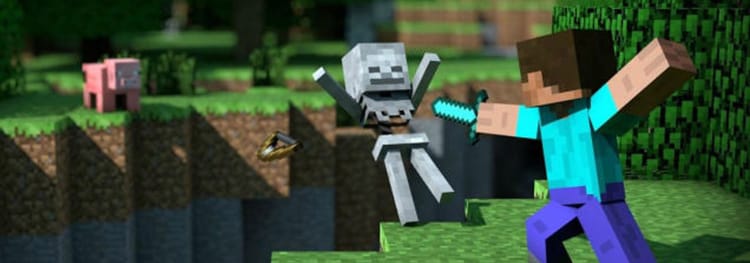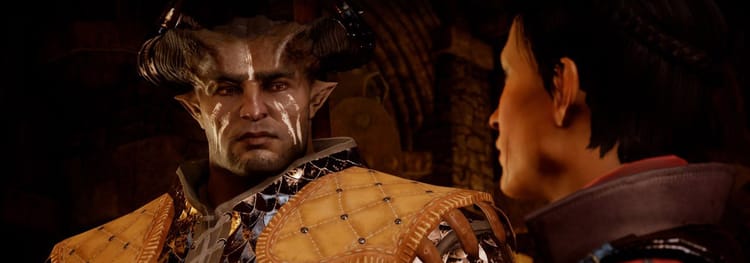What will happen to BioWare?

Yesterday, the founders of BioWare, the Canadian developers of some of the best games of the past twenty years, announced their retirement. We sometimes expect gaming luminaries to lord over fiefdoms forever, like Meier or Molyneaux or, despite his protestations, Newell. Because of this, the retirements came as something of a shock, and immediately raised existential concerns about the adored developer.
I can’t make the case that BioWare has made consistently innovative games over the past fifteen years. That’s not a condemnation. BioWare has developed a catalog of terrific games and they have made a lot of fans in the doing. But they are an iterative developer, applying lessons learned from one game to the next, and one series to the next. It’s useful to think of Mass Effect 3 as the endpoint of a trajectory of refinement, in gameplay and technology and storytelling, that began almost a decade ago with Knights of the Old Republic. It was unrealistic to think that Greg Zeschuk and Ray Muzyka would stick around their company forever, creating revolutionary new games, because, quite frankly, that has never been BioWare. They are not Valve, and thank goodness for that: they reliably give us good new games to play.
This is an industry in which creating a new story and a new set of characters is now considered a flamboyant risk, and by that standard BioWare may well continue to “innovate”.
Developers go through life cycles, and of course it’s too early to say how far along BioWare is in its story. I can easily imagine a philosophical retrenchment, a late-middle age, made easier by the natural conservatism of their parent company, Electronic Arts. The evidence is certainly there, with a new game set in the Mass Effect universe, and a new Dragon Age (which, in classic BioWare fashion, will be iteratively better than its disappointing predecessor). I hope the operating principle is not “more of the same”, as it is for far too many developers, but “better of the same”, which it has long been for BioWare. They are if nothing else a sensible company and I think good sense will tell them that steady improvement has been responsible for their success.
Of course, this is an industry in which creating a new story and a new set of characters is now considered a flamboyant risk, and by that standard BioWare may well continue to “innovate”; along with the sequels/prequels, the company announced “an all new game set in a fictional universe, built from the bottom-up with all new gaming technology.” Imagine a similar announcement in the movie business: “Paramount is pleased to announce an all new movie set in a fictional universe, comprising entirely original footage, on the best possible cameras.”
I digress. In addition to consistently improving their titles, BioWare does one thing better than almost any other developer, write. More than anything, this is what draws me back, again and again, to their games, the knowledge that humans with empathy and humor and wisdom have breathed life into them. This is why, I believe, the creation of original fictions is so crucial to BioWare’s continued success. Writing is what makes us play their games, and it is this source of creativity that can sustain them.



